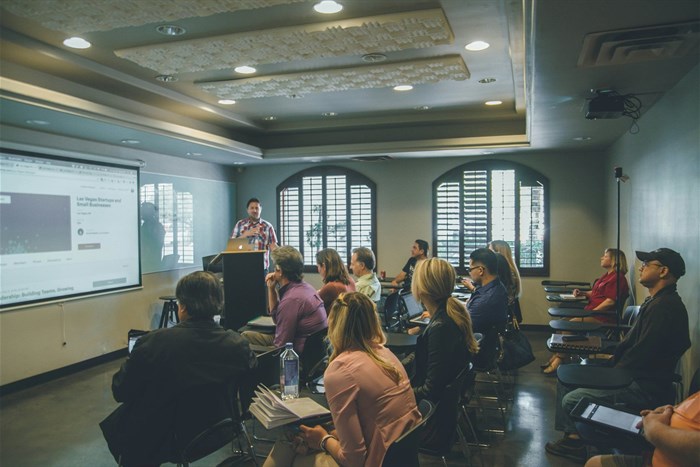The Ikusasa Student Financial Aid Programme Foundation (Isfap) has opened bursary applications for the 2025 academic year. This includes both undergraduate and postgraduate applications.
Applicants are encouraged to apply online at applyonline.isfap.org.za.
"The online platform is designed to guide students through the application process, ensuring that all required documents are correctly submitted. Applicants should regularly check their emails for updates on their application status," Isfap says.
Application details
- Opening date: 3 June 2024
- Closing date: 31 October 2024
- Eligibility: South African citizens from households with an annual income between R0 and R600,000
- Undergraduate: Applications are open to first-time university registrants as well as students who are already studying. In other words, second-, third-, and final-year students who are enrolled in undergraduate degrees at universities that Isfap partners with and in courses that Isfap supports, can also apply
- Postgraduates: Applicants must be enrolled for Honours or Masters postgraduate studies at universities that Isfap partners with and in courses that Isfap supports
Isfap says that since its launch following the #FeesMustFall movement, it has funded over 3,500 students, covering tuition fees, accommodation, books, laptops, stipends, and psychosocial support, ensuring that students receive a well-rounded educational experience.
"The programme not only focuses on academic excellence but also provides mental health support, life skills training, and financial literacy programmes, helping students thrive in all aspects of university life.
"Isfap was established to bridge the financial gap for students whose family incomes are too high to qualify for NSFAS funding, but too low to afford tertiary education independently (the 'missing middle').
"Although the programme specifically targets missing middle students who have a household income of between R350,000 and R600,000 per annum, it also accommodates unfunded students who have a household income of between R0 and R600,000 per annum.
"Isfap funds their higher education in fields identified as critical to South Africa's economic development.
"These include actuarial science, engineering, medicine and nursing, computer and data science, chartered accountancy, and other occupations in high demand, as defined by the human resources development council," Isfap says.















































